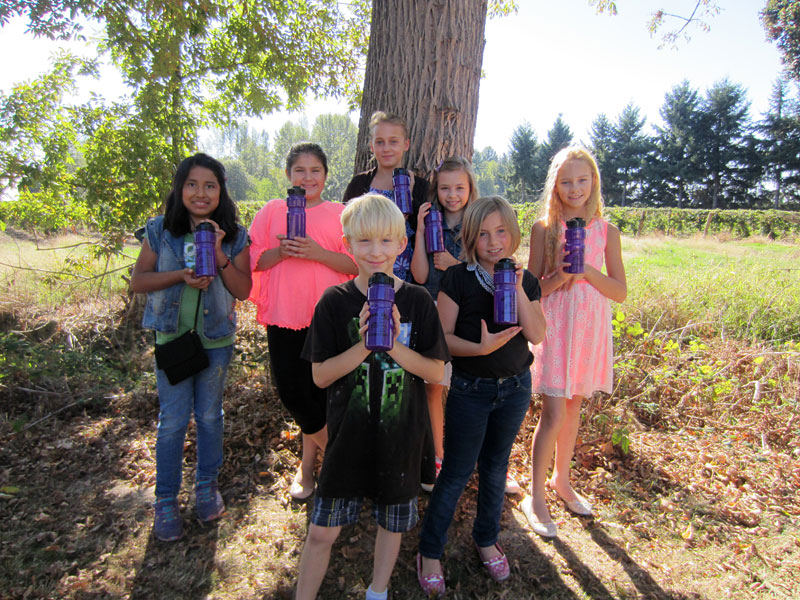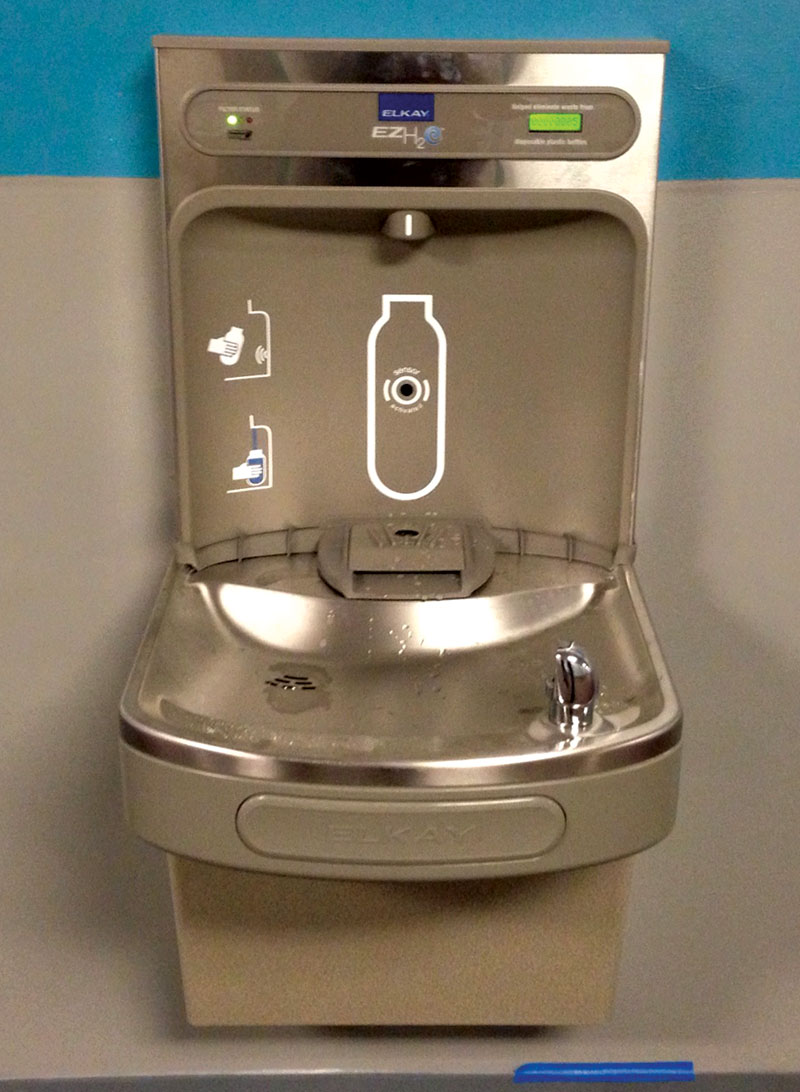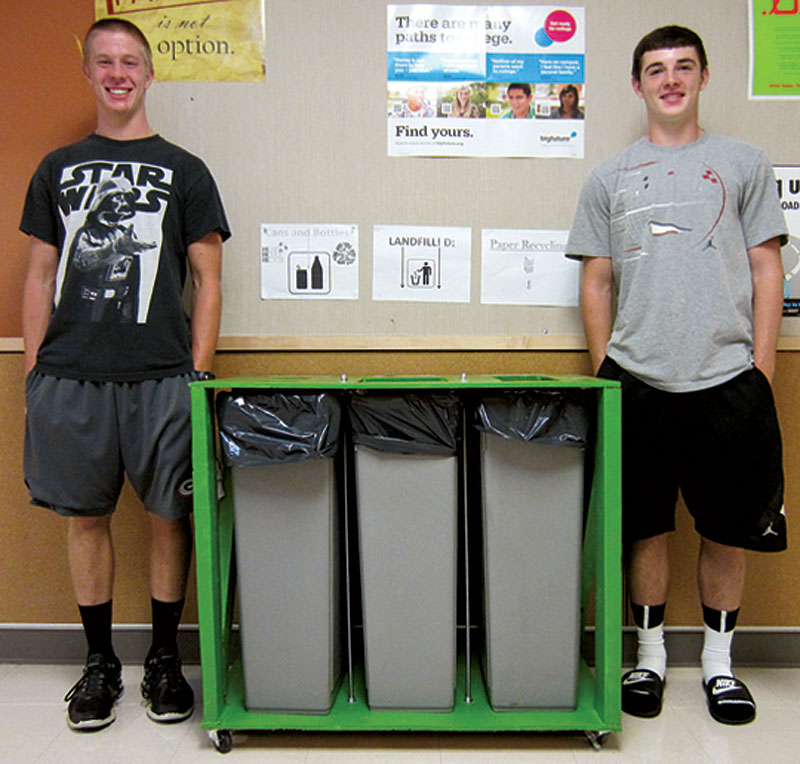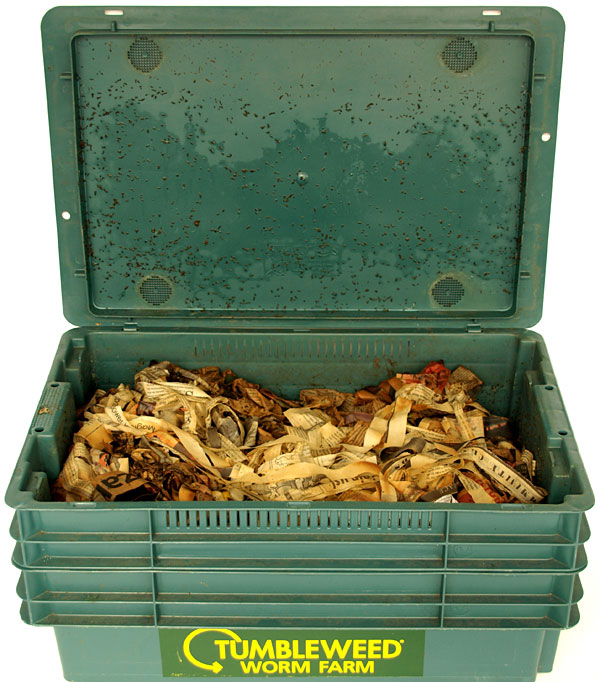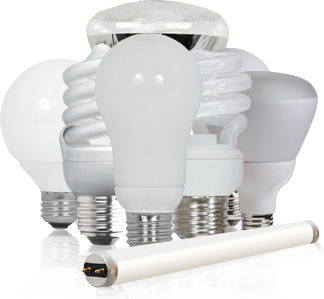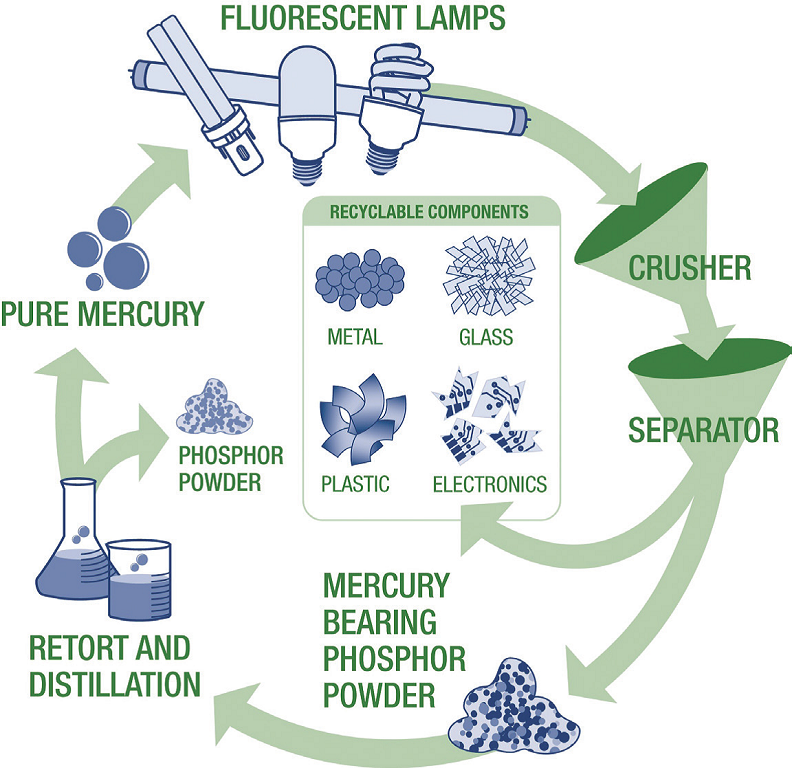There are several locations within Clackamas County where you can take your garbage, recycling, household hazardous waste and yard debris. Make sure to call locations ahead to confirm hours and materials accepted.
Large appliances, furniture, and other items can be picked up by the garbage and recycling company, even if you are not a regular customer. Call your franchised garbage and recycling company for a quote and arrange a pickup time.
Find a Disposal Location
 Unsure where to properly dispose of an item? Search using the Metro Find a Recycler tool or call 503-234-3000.
Unsure where to properly dispose of an item? Search using the Metro Find a Recycler tool or call 503-234-3000.
Transfer Stations
Construction, demolition or remodeling debris? The Oregon Department of Environmental Quality requires asbestos testing and documentation before disposal of construction, demolition and remodeling debris. Transfer stations will not accept suspect asbestos-containing materials without documentation.
Recycling, salvaging, and reusing construction debris can reduce disposal costs and save resources.
Facilities may close during extreme weather events.
19600 SE Canyon Valley Road
Sandy, OR map
503-260-1577
Hours:
Thursday – Monday: 9 a.m. to last load 4:30 p.m.
Tuesday and Wednesday: Closed
Thanksgiving - closed
Christmas Eve - closed at 1 p.m.
Christmas - closed
New Year's Eve - closed at 1 p.m.
New Year's Day - closed
2001 Washington St.
Oregon City, OR map
503-234-3000
Hours:
Mar. 1 – Sep. 30, 7 a.m. to 7 p.m. daily
Oct. 1 – Feb. 28, 7 a.m. to 6 p.m. daily
Closed Thanksgiving, Christmas and New Year’s
17827 Whitney Lane NE
Woodburn, OR map
503-588-5169
Hours:
8 a.m. to 5 p.m. daily
Visit their website for holiday closures
A Marion County facility
Household Hazardous Waste Facility
Facility may close during extreme heat events.
2001 Washington St.
Oregon City, OR 97045 map
503-234-3000
Hours:
9 a.m. to 4 p.m. daily
Closed Thanksgiving, Christmas and New Year’s.
Yard Waste Facilities
Always check with the location to confirm accepted items and pricing.
- Metro South Transfer Station & Household Hazardous Waste Facility
2001 Washington St.
Oregon City, ORmap
503-234-3000
Full list of accepted items, restrictions and fees - McFarlane’s Bark
13345 SE Johnson Road
Milwaukie, OR map
503-659-4240
Full list of accepted items, restrictions and fees - S&H Landscape Supplies and Recycling
20200 SW Stafford Road
Tualatin, OR map
503-638-1011
Full list of accepted items, restrictions and fees - Canby Landscape Supply
24420 S Hwy 99 E
Canby, OR map
503-266-5522
Full list of accepted items, restrictions and fees
Recycling Depots
These locations accept various materials for recycling, including some not accepted in your curbside recycling bin. Always check with the location to confirm accepted items and pricing.
| Clackamas County Garbage & Recycling Transfer Station 19600 SE Canyon Valley Road Sandy, OR map 503-260-1577 |
|
| Metro South Transfer Station & Household Hazardous Waste Facility 2001 Washington St. Oregon City, OR map 503-234-3000 |
|
| K.B. Recycling (Clackamas location) 9602 SE Clackamas Road Clackamas, OR map 503-659-7004 |
|
| K.B. Recycling (Canby location) 1600 SE 4th Ave. Canby, OR map 503-266-7903 |
|
| R.S. Davis Recycling Inc. 10105 SE Mather Road Clackamas, OR map 503-655-5433 |
|
| Universal Recycling Technologies 10151 SE Jennifer St. Clackamas, OR map 503-772-2236 |
|
| Willamette Resources, Inc. 10295 SE Ridder Road Wilsonville, OR 970170 map 503-570-0626 |
|
Reuse and Donation
Buying, selling, and donating good-condition items is a great way to save money and minimize waste.
 Translate
Translate






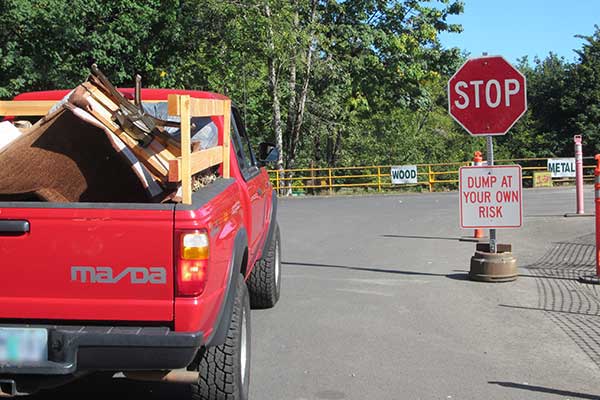
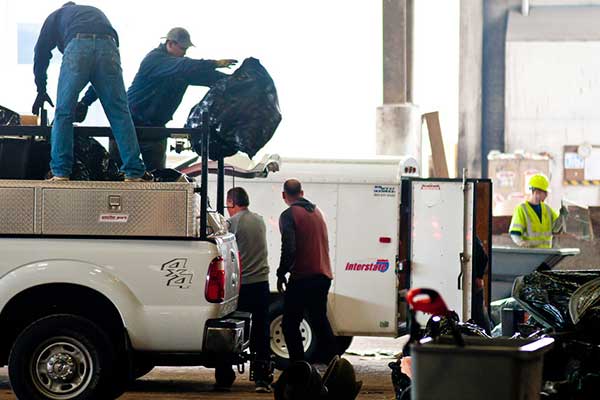
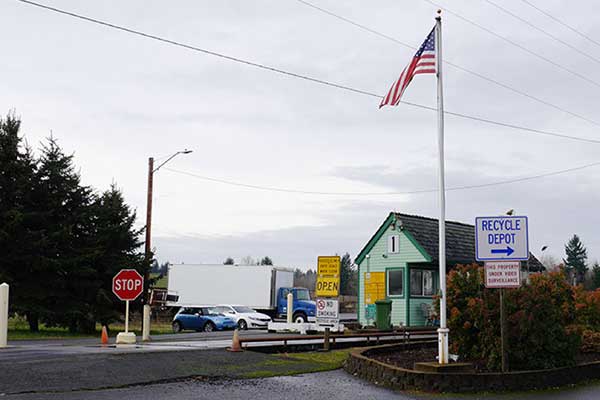
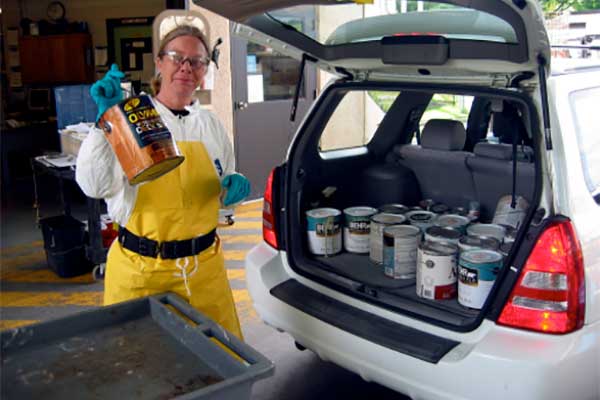
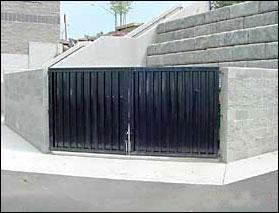
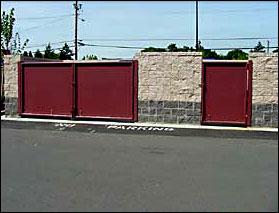
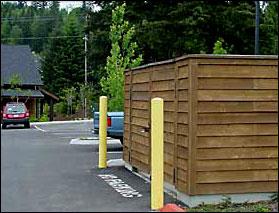
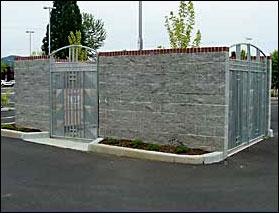
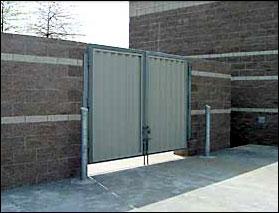
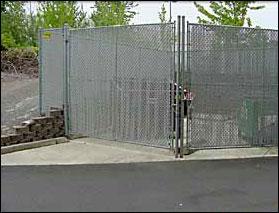
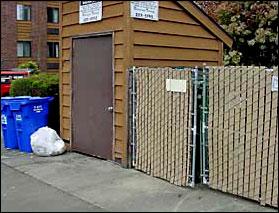
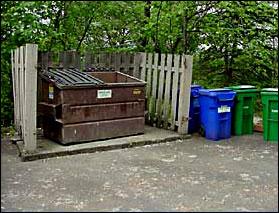
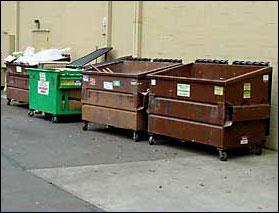
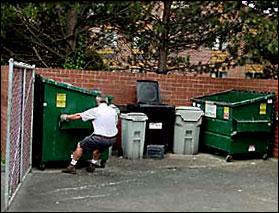
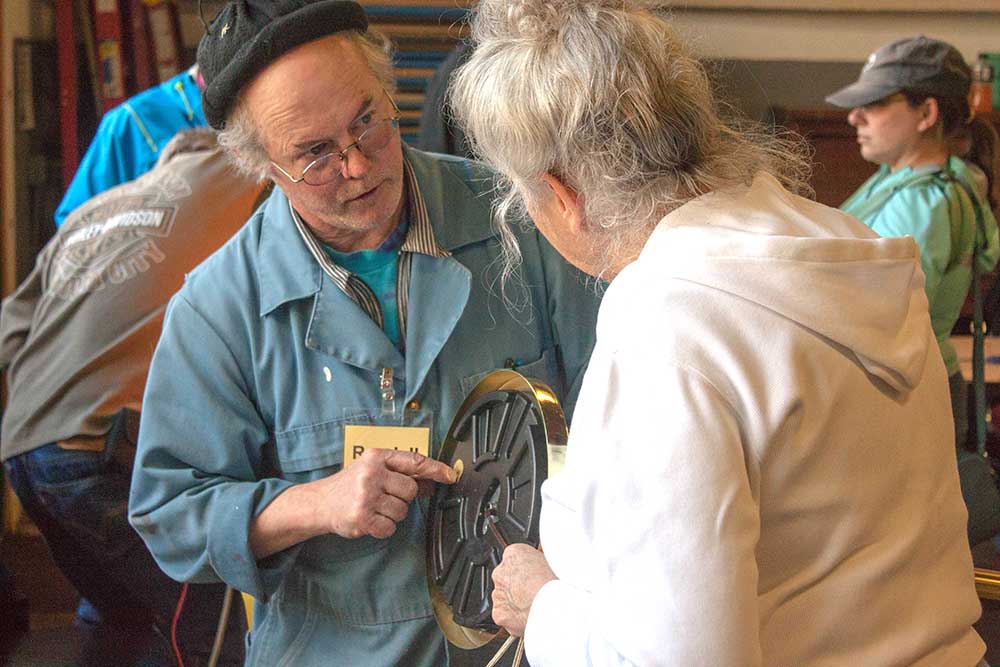
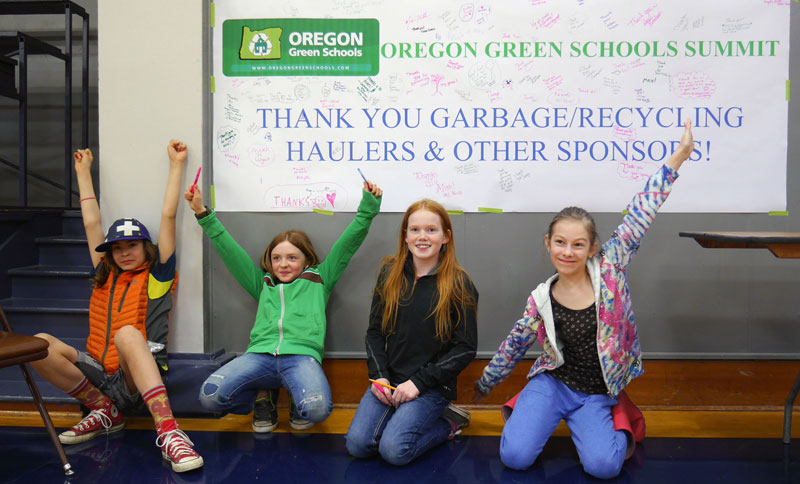
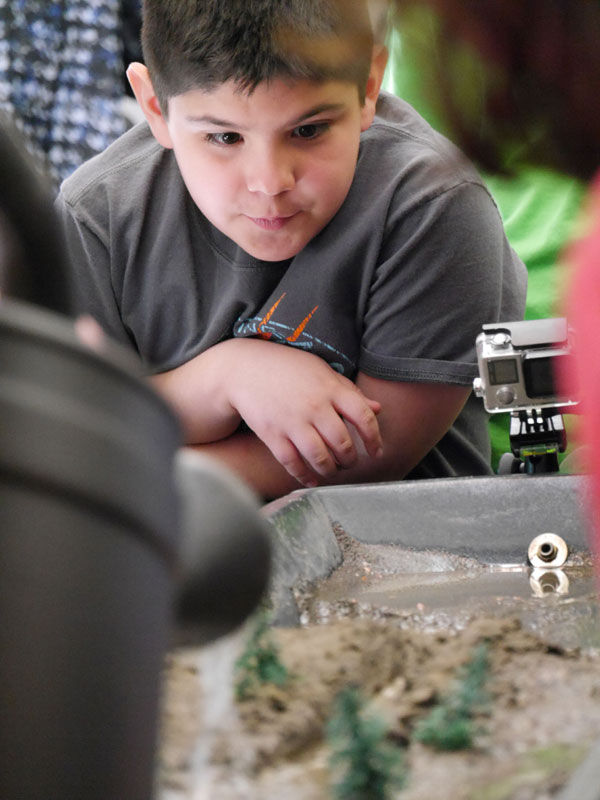
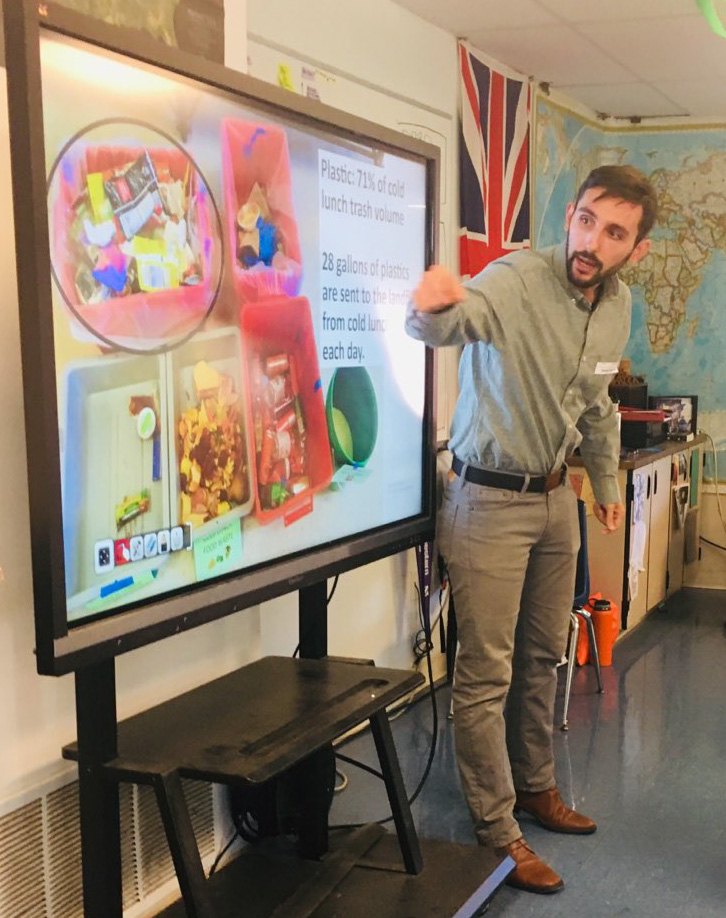 We offer resources and assistance to help your school set and meet recycling and waste reduction goals. Our work is in partnership with the Clackamas County Refuse and Recycling Association. Explore our resources below.
We offer resources and assistance to help your school set and meet recycling and waste reduction goals. Our work is in partnership with the Clackamas County Refuse and Recycling Association. Explore our resources below.





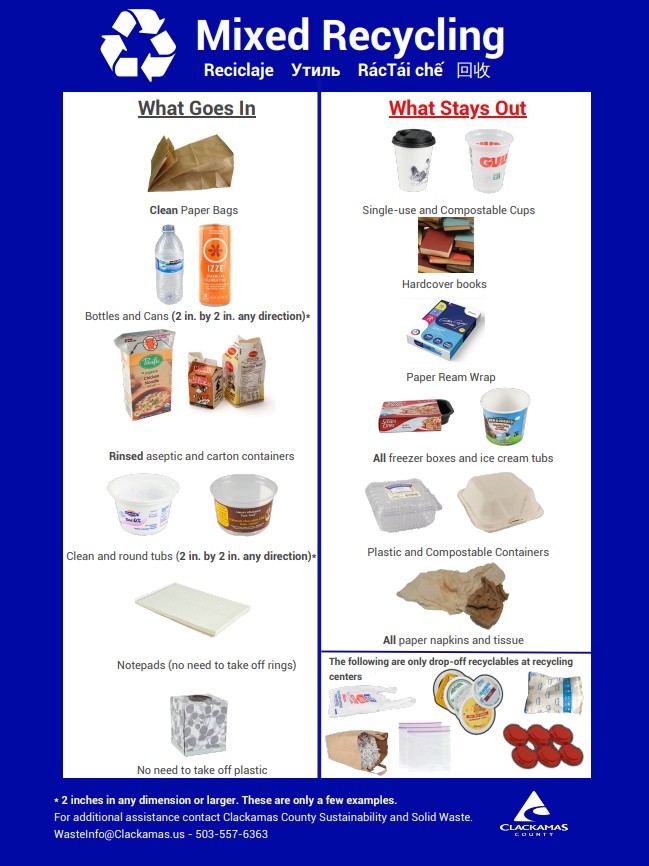
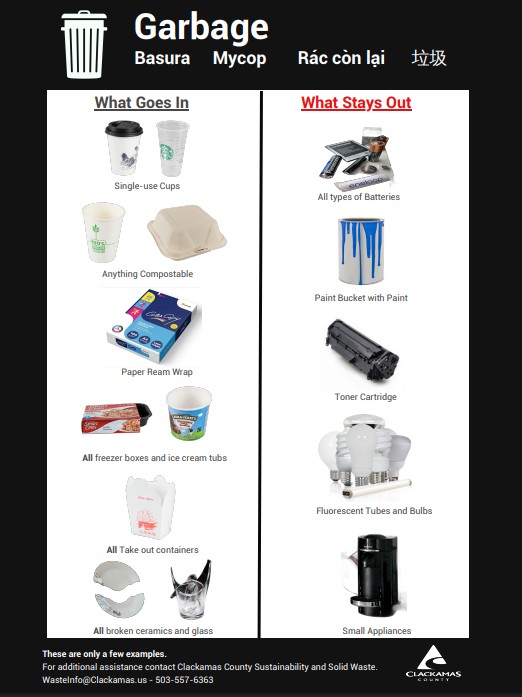
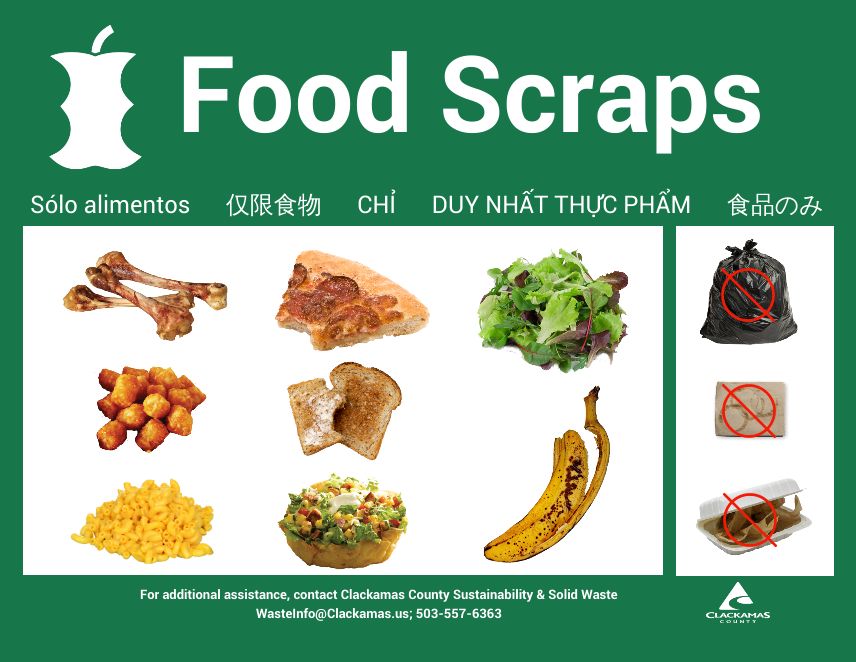
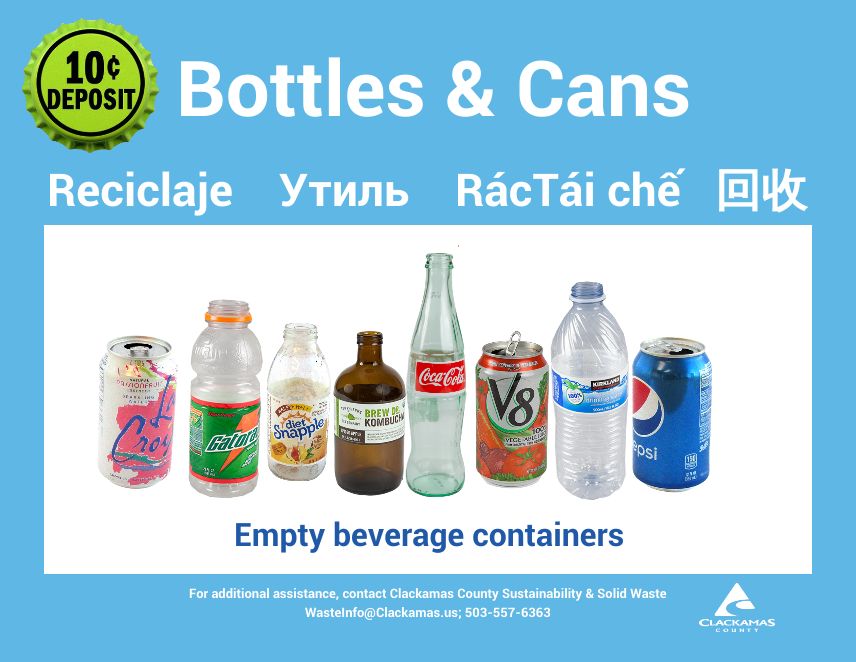
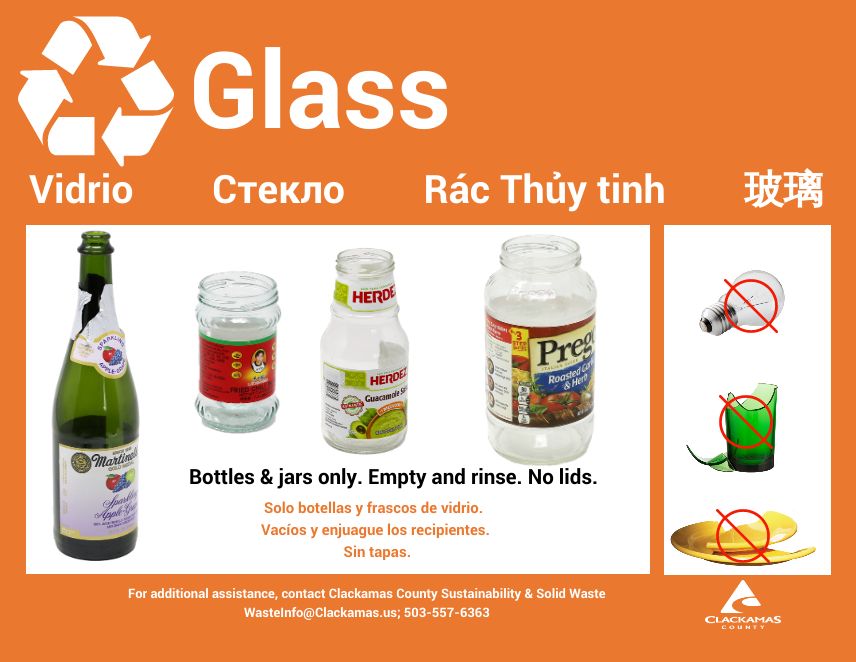
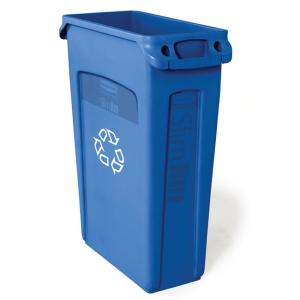
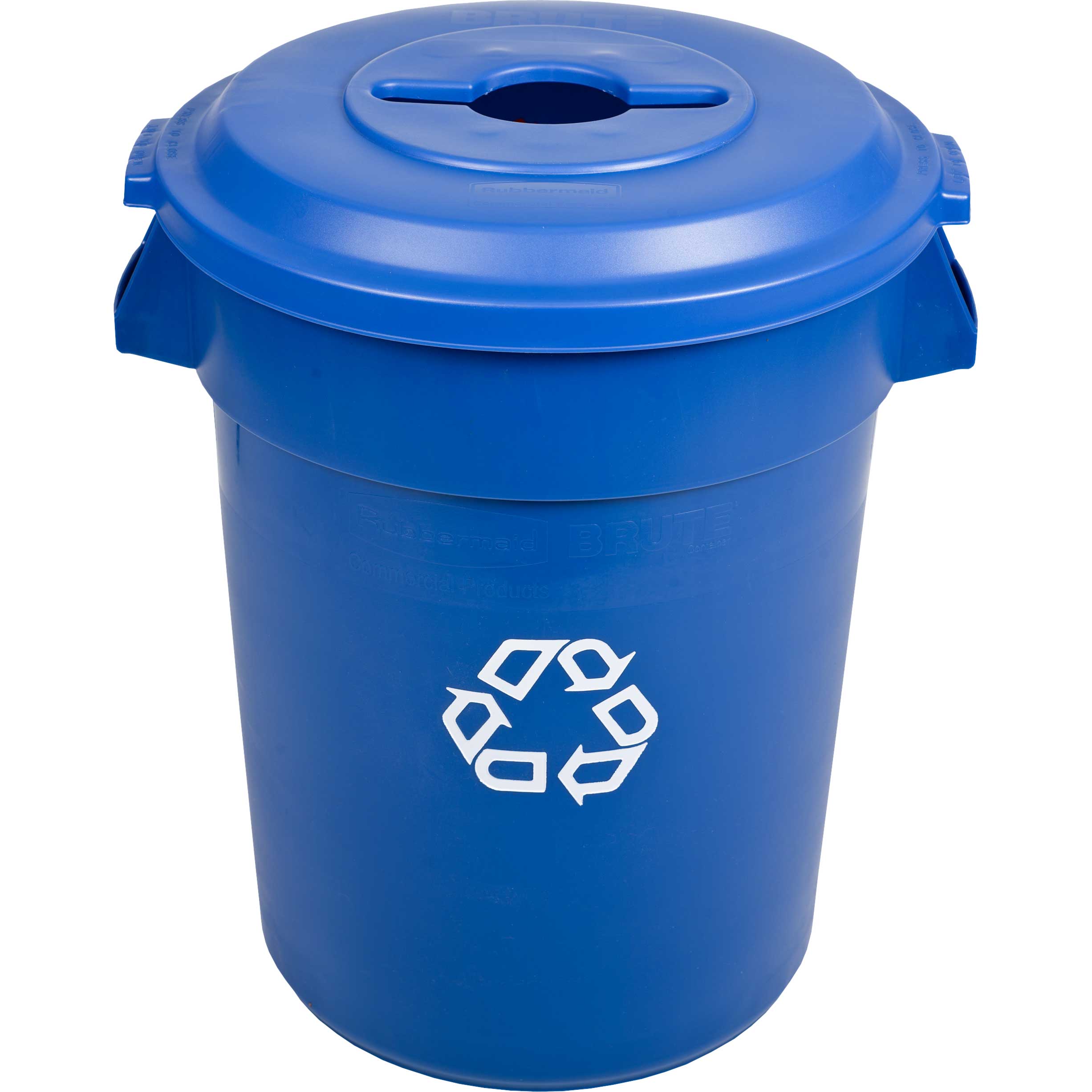
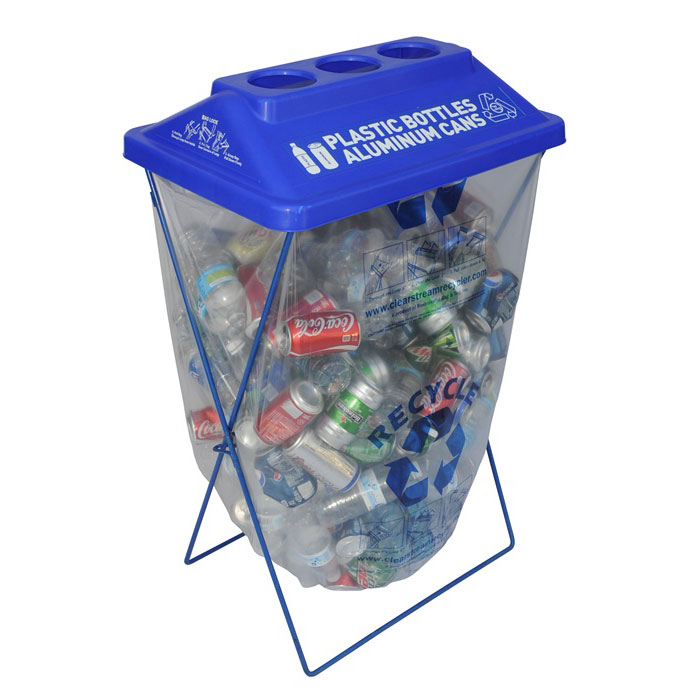
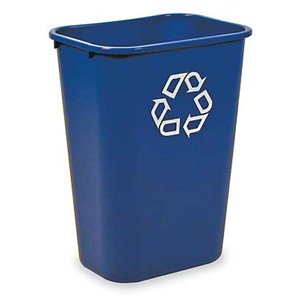
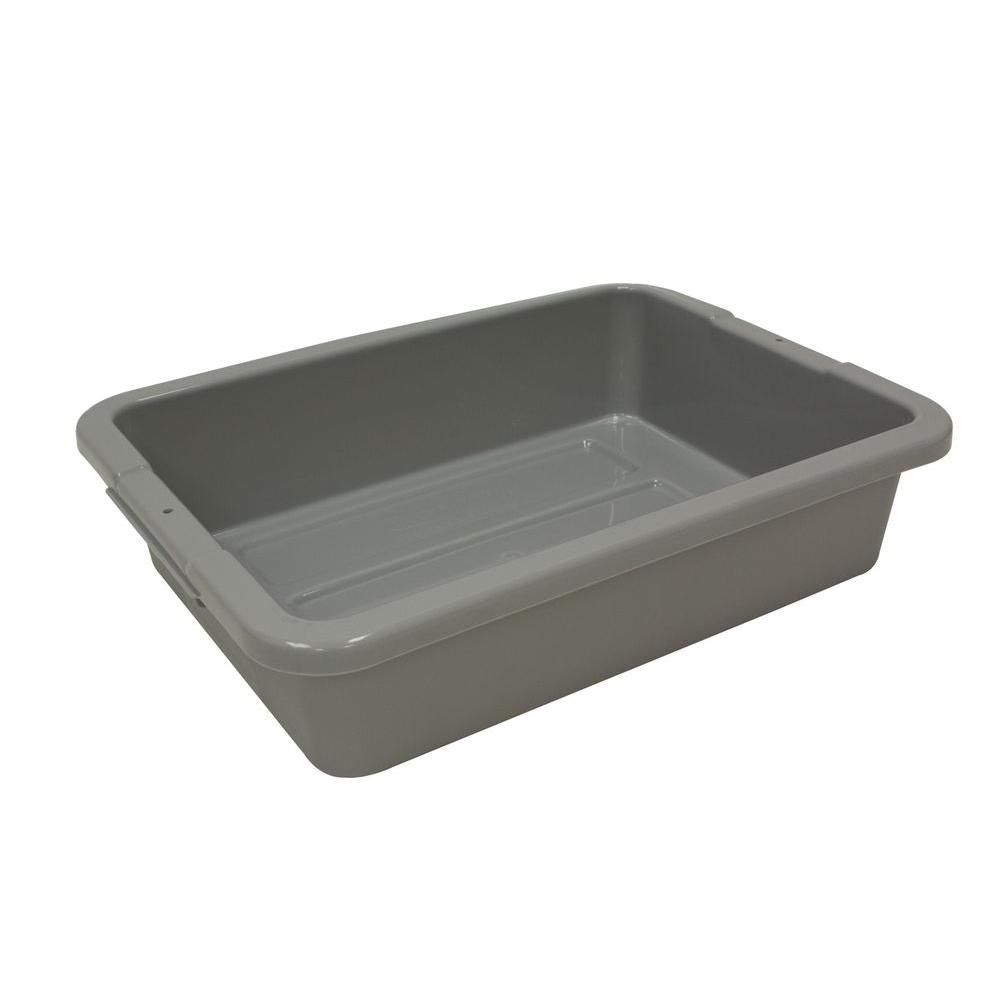
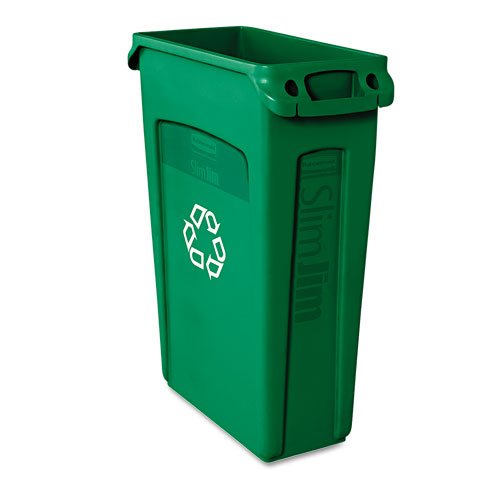
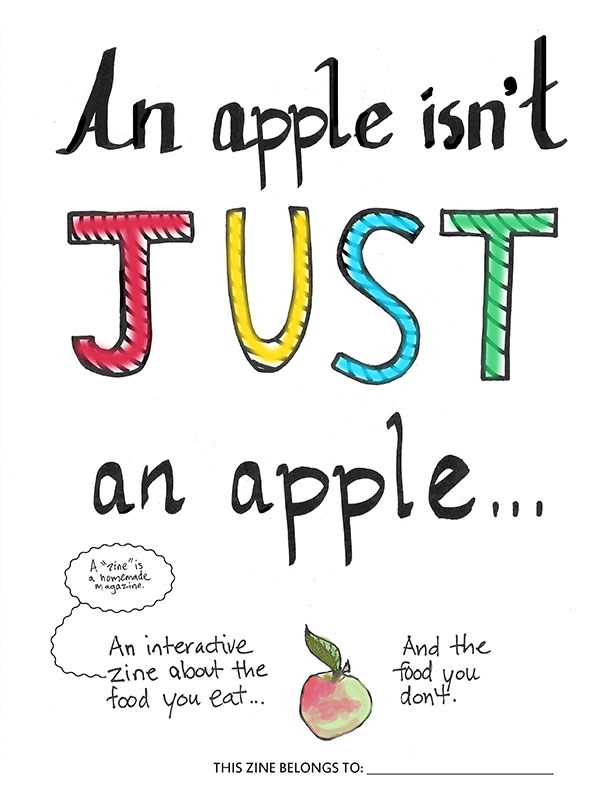
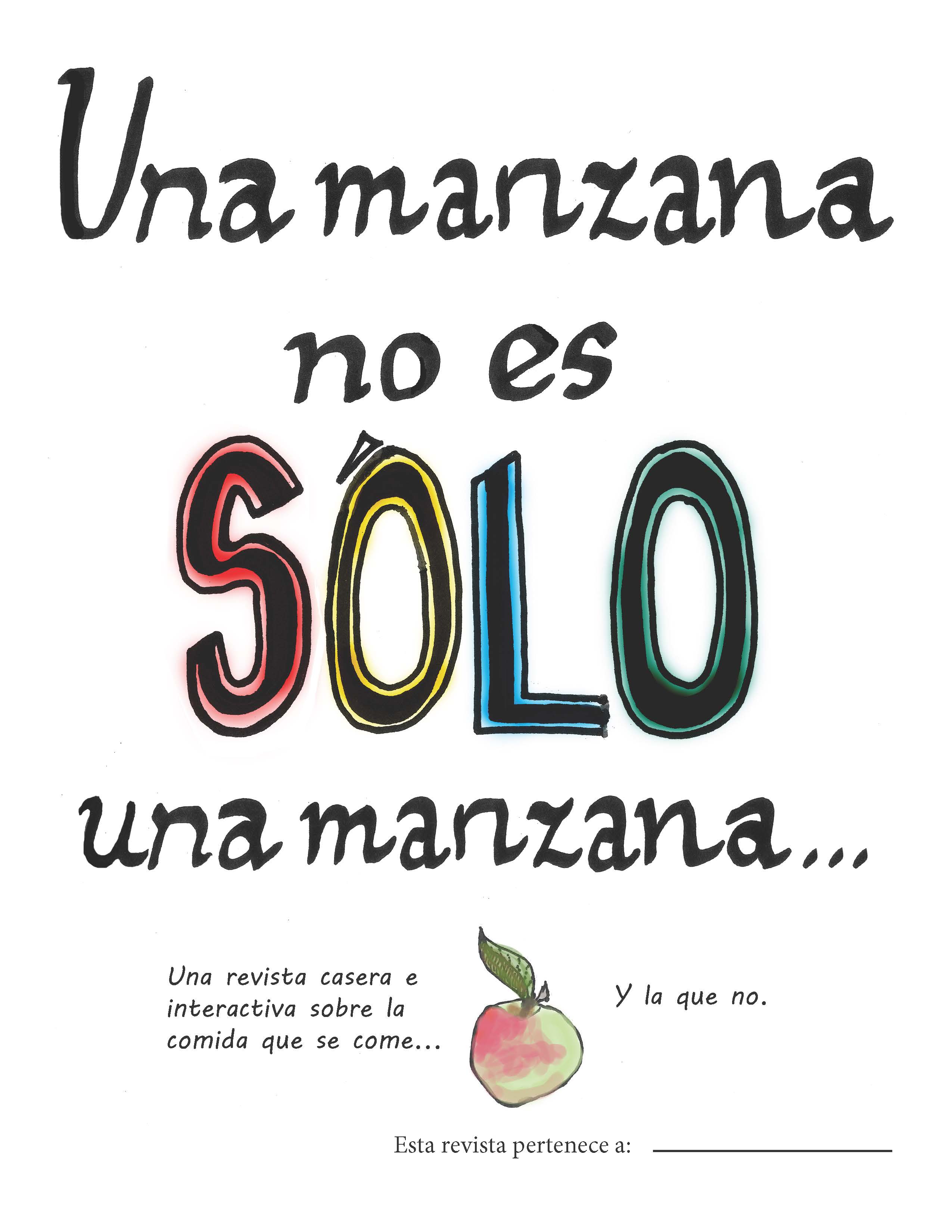
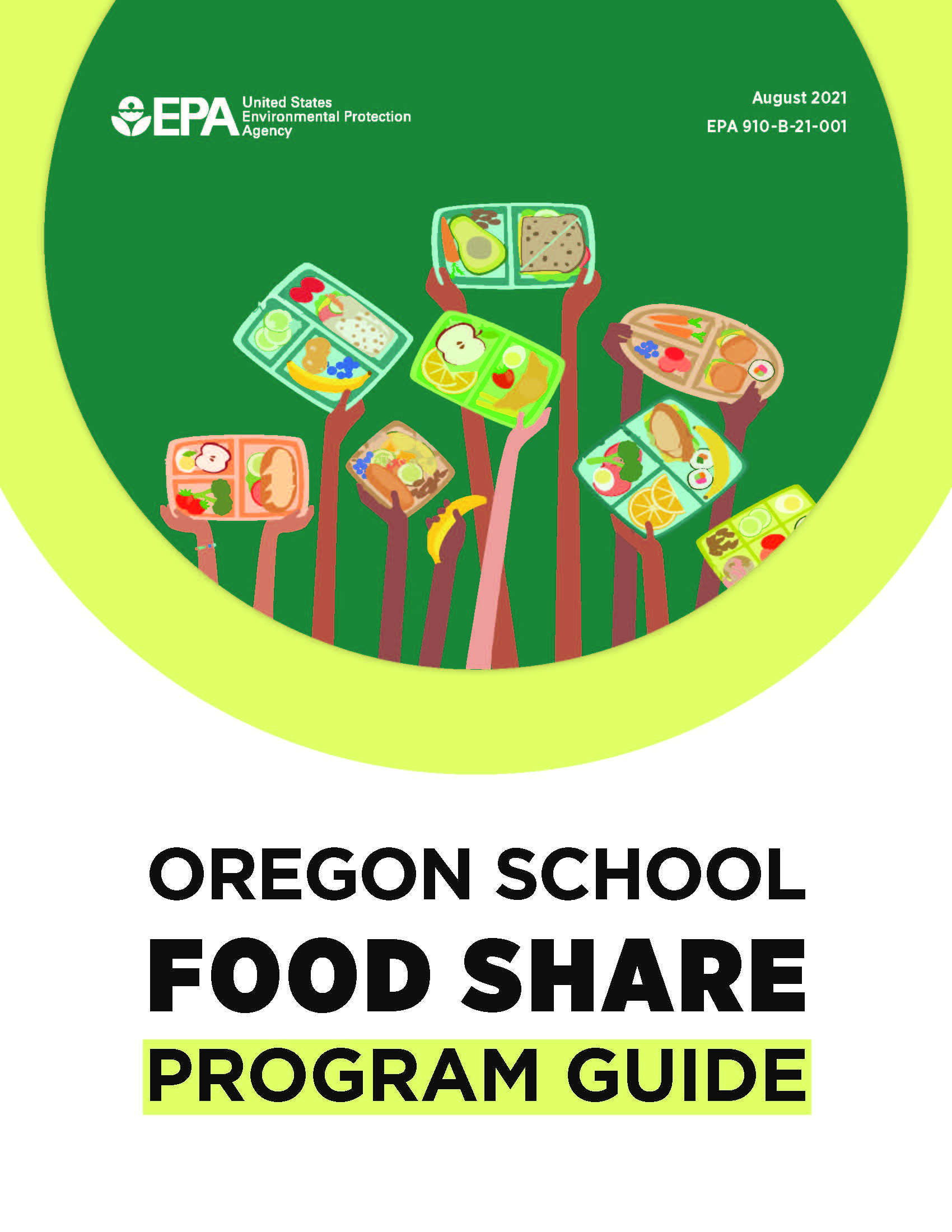
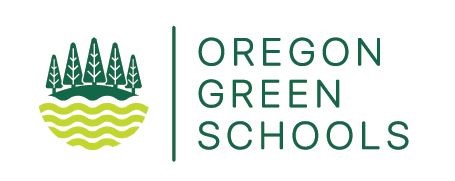 The Oregon Green Schools certification program has ended after nearly 30 years. In that time, it helped over 250 schools across Oregon to reduce waste in classrooms and cafeterias, teach children to conserve water and energy, and help children realize their leadership skills.
The Oregon Green Schools certification program has ended after nearly 30 years. In that time, it helped over 250 schools across Oregon to reduce waste in classrooms and cafeterias, teach children to conserve water and energy, and help children realize their leadership skills.